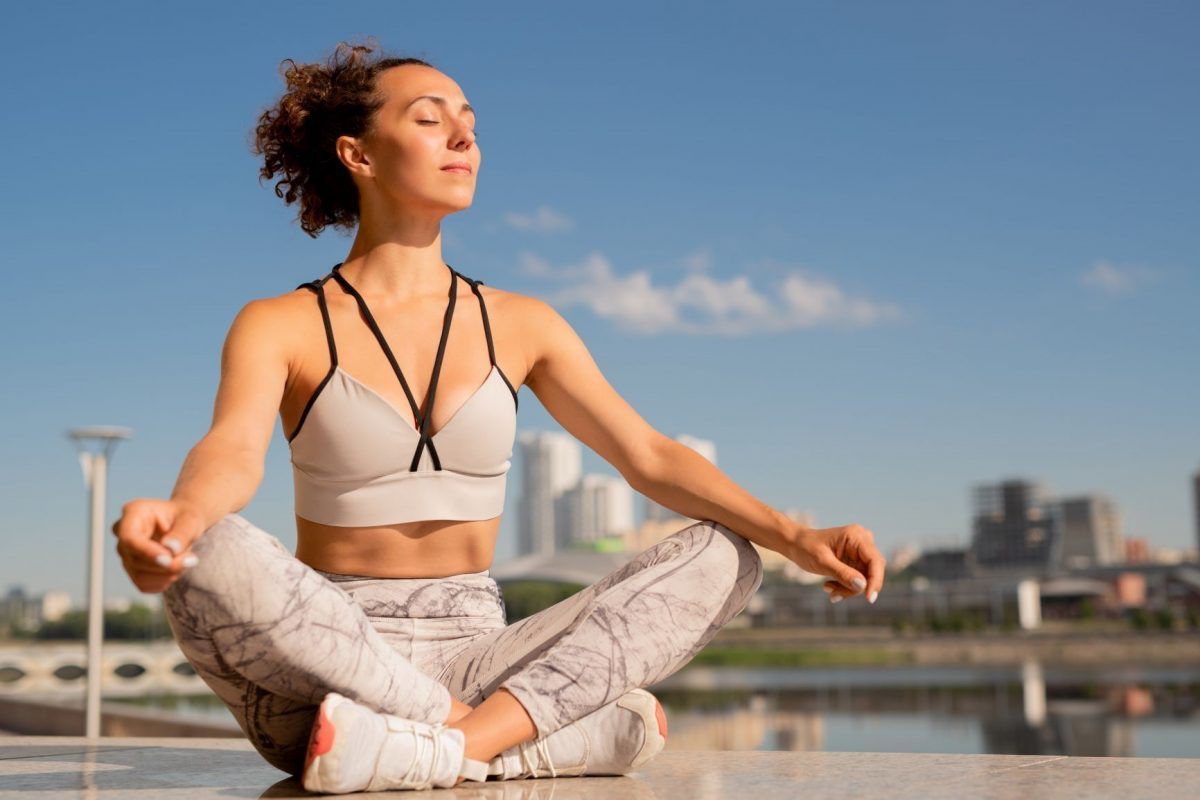Looking for techniques to complement your psychotherapy and enhance its benefits outside of your sessions? There are a variety of alternative techniques to do so. They can add to and shift the way you care for your mental health. While these techniques may not replace your current therapeutic method, they can complement and enhance it. They will support your emotional well-being, promote self-control, and improve your physical health. Let’s dive right in to this article from Nicole McCray.
1. Yoga
Yoga is well known for its mental health benefits. So it is a fantastic complement to psychotherapy. Practicing yoga increases your body’s production of feel-good hormones. Yoga also reduces inflammation throughout the body, and supports healthy sleep patterns. Breath control and relaxation techniques taught in yoga practice have also been shown to slow down the brain’s natural stress response. As an added bonus, it is a mind-body therapy that you can practice almost anywhere. You can practice yoga anywhere from the beach to your hotel room. You can even do yoga in your office on your lunch break. This is one of the best techniques to complement your psychotherapy.
2. Guided Meditation
Guided meditation is an excellent way to relieve stress while improving self-control, memory, and cognitive function. It is easy to practice anywhere. Sessions can be as short as five minutes, or as long as an hour or more. Much like yoga, it triggers the release of “happy hormones” like oxytocin. As a result, this makes it a great way to support your moods and overall mental health naturally.
3. IV Nutrition Therapy
IV nutrition therapy has become quite popular for improving physical health. But many people do not realize that it can be extremely beneficial for mental health as well. Vitamin IV therapy provides the body with the nutrients it needs to support healing and can be tailored for your specific health goals. For example, an IV drip that “includes vitamin C, B complex, zinc, calcium, and magnesium” can support psychotherapy by “reducing stress and anxiety while improving sleep.”
4. Tai Chi
Tai chi is an ancient Chinese technique consisting of deep breathing, slow-motion exercises, and easy-to-follow movements. It’s a wonderful complement to psychotherapy and overall mental health. This is because it boosts the mood and reduces feelings of anxiety and depression. Often called “meditation in motion,” tai chi is a wonderful way to support both mental and physical health at the same time.
5. Biofeedback
Biofeedback is a mind-body technique that helps you understand how you physically react to things like trauma, stress, anxiety, and other health issues. It can support psychotherapy by teaching you how to control your physiological symptoms. The technique involves the use of auditory or visual feedback to gain control over involuntary responses. These include blood pressure, muscle tension, heart rate, and pain perception. It’s also been shown to improve focus in those with ADHD, relieve the symptoms of PTSD, reduce chronic pain, and much more.
6. Hypnotherapy
You may be a little skeptical about the effectiveness of hypnotherapy. But when done properly, it can be extremely beneficial for mental health. A licensed hypnotherapist may be able to help you reduce your stress levels, manage chronic pain, and a lot more. During a hypnotherapy session, the therapist puts you into a suggestible state and helps you visualize strategies for change.
7. Wilderness Therapy
Spending time in nature has been proven to reduce stress and anxiety. Thus, wilderness therapy is a wonderful way to supplement psychotherapy. Wilderness therapy programs can be as simple as a weekly hike through the woods while chatting with a counselor. There are also intensive week- or month-long camps designed to connect you with the outdoors. Research shows that the majority of patients maintain positive changes long after completing the program.
8. Chess Therapy
Gathering your thoughts is one of the biggest hurdles to overcome in psychotherapy. One rant leads to another. As a result, it can feel like you’ve just rambled through the entire session without really resolving anything. Chess therapy is a fairly new concept. It helps you organize your thoughts, leading to more productive sessions. Chess therapy helps you learn to focus, think ahead, and strategize to find solutions.
9. Acupuncture
Acupuncture has been around for thousands of years. Now in the West, it’s becoming much more widely accepted as a treatment for both mental and physical health concerns. When it comes to supporting psychotherapy, acupuncture is extremely beneficial. This is because it triggers the release of mood-boosting neurotransmitters, including serotonin and endorphins. It also slows down the stress response and improves sleep, which is extremely valuable for better mental health.
10. Dance/Movement Therapy
The goal of dance/movement therapy is to reconnect your mind and body through movement. It has become a popular treatment for trauma survivors who have difficulty expressing their feelings verbally. Instead, people use movement to express their feelings while relieving anxiety and stress. Exercise is also beneficial for lifting the mood. So dance/movement therapy can be a wonderful way to complement psychotherapy.
Wrapping Up Techniques to Complement Your Psychotherapy
These alternative techniques to complement your psychotherapy are useful tools outside of sessions. Be sure to choose a reputable teacher or practitioner. Also check with your primary therapist before you get started. Taking a proactive approach to your mental and physical health can be very empowering and incredibly good for you.






